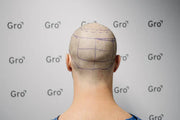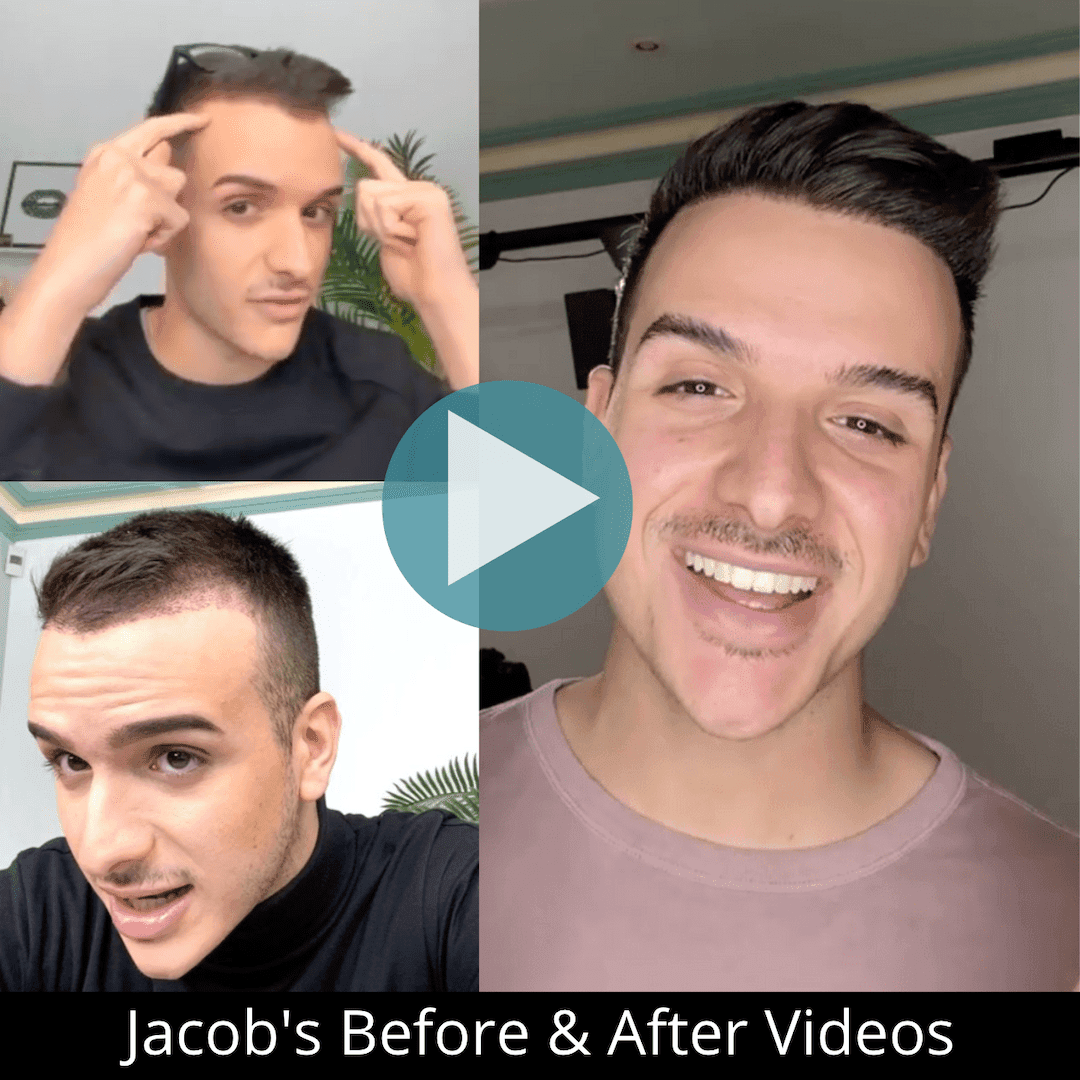“Am I too young to have a hair transplant?” It may be earlier than you think, but the answer depends on several factors. For example, whether your hair loss is temporary or permanent, what’s causing it and how much hair you are likely to lose in the future. Some people have hair transplants as soon as in their early 20’s, and forehead reduction procedure is particularly popular in younger people. However, the most important thing is to protect the hair that you already have and slow down or prevent further loss.
The first step to understanding if a hair transplant is a suitable solution for your hair loss, now or in the future, is to speak with a hair loss specialist. They will give you a correct diagnosis, explain what is causing your hair loss, what to expect if you do nothing, and what treatment options are available to you for preventing, slowing or correcting your hair loss.

Factors to be considered
It’s never too soon to speak with a Gro Hair Growth Specialist. It is possible to have a hair transplant at an early age, for example in your early twenties, however your suitability depends on numerous factors. The following points need to be considered before proceeding.
What is causing the hair loss?
Is the hair loss temporary? For example, telogen effluvium is a type of hair loss caused by a sudden “shock” to the system, such as illness, significant diet or weight changes, severe stress, trauma or major life event. Once the shock has passed, hair growth should return to normal.
Or is the hair loss permanent such as male pattern baldness where the hair loss is progressive and there is no “cure”? The only permanent solution to male pattern baldness is hair transplantation.
A maturing hairline should not be confused with male pattern baldness. A maturing hairline is when the hairline moves back a couple of centimetres only and then stops. This normally happens sometime between the age of 17 and 29. Some people feel that their hairline has stepped too far back, or may be uneven. Forehead reduction procedure, also referred to as hairline lowering procedure or hairline redesign, can be considered for anyone who wants to lower, correct or thicken their hairline. You can see before and after photos and videos of Jacob, who at 23 years of age underwent Gro hairline lowering micro-transplant, click here.
Is a hair transplant the best solution at this point in time?
A hair transplant may be the best solution, but perhaps not right now. You may be able to slow the loss by taking hair loss medication in the meantime, until it is the best time for you to have the procedure. There are also products to add volume to thinning hair and you could also be crafty with your hair style to camouflage early hair loss.
If you leave it too late and you’ve already lost too much hair, then you won’t be able to have a hair transplant. Gro micro-transplant uses 100% your own hair and you need to have enough follicles available to transplant to create a completely natural result.
Predict the pace and extent of future hair loss
If you have received a diagnosis of male pattern baldness, which is by far the most common cause of hair loss, our Gro Hair Growth Specialists will be able to predict the rate and extent of future hair loss in order to plan the ideal management and treatment.
It’s vital to not over-harvest the donor area (where the hairs are taken from on your scalp) just in case a second transplant is required in the future.
Gro micro-transplant has industry-leading follicle survival rates of consistently over 95%, meaning you’ll need less hairs for your procedure, saving you time and money. We are also the only clinics in Australia to guarantee 100% natural results.
See some of the lives we’ve changed – have a look at our before and after Gro gallery, click here.
Next Step
The first step is to chat to a Gro Hair Growth Specialist to discuss your individual hair loss and what’s causing it. At Gro, we offer solutions for every stage of hair loss. For personalised hair restoration information, book a consultation with a Gro Hair Growth Specialist. Simply click on one of the buttons below to book a consultation or ask a question. Alternatively, you can call us on 1300 787 563.
Contact your local Gro clinic:














